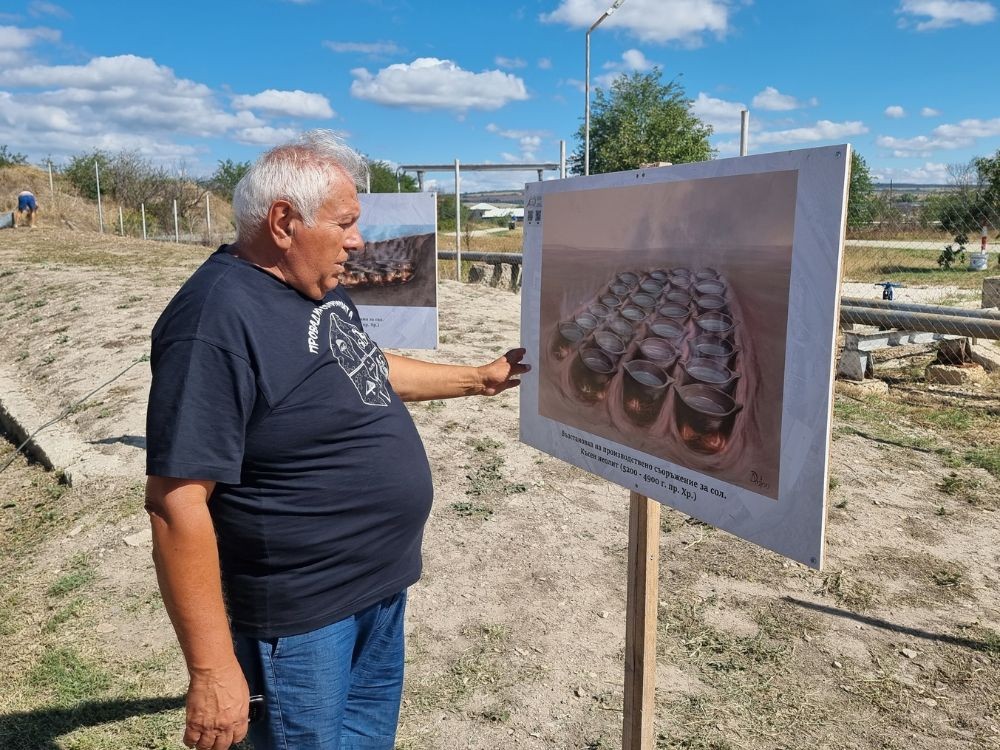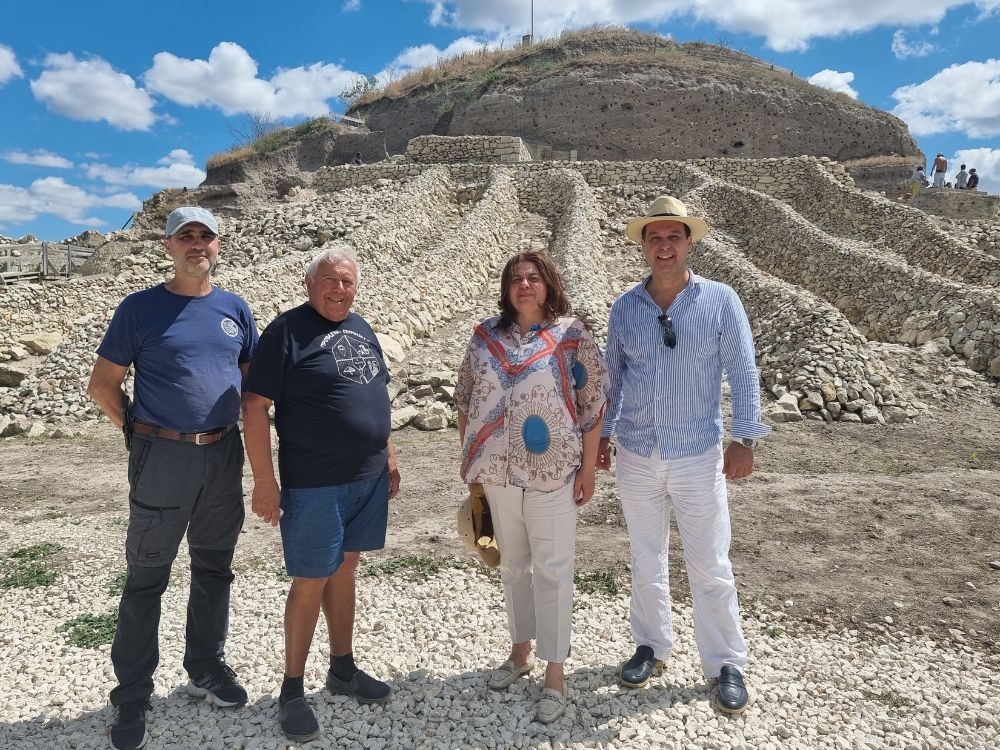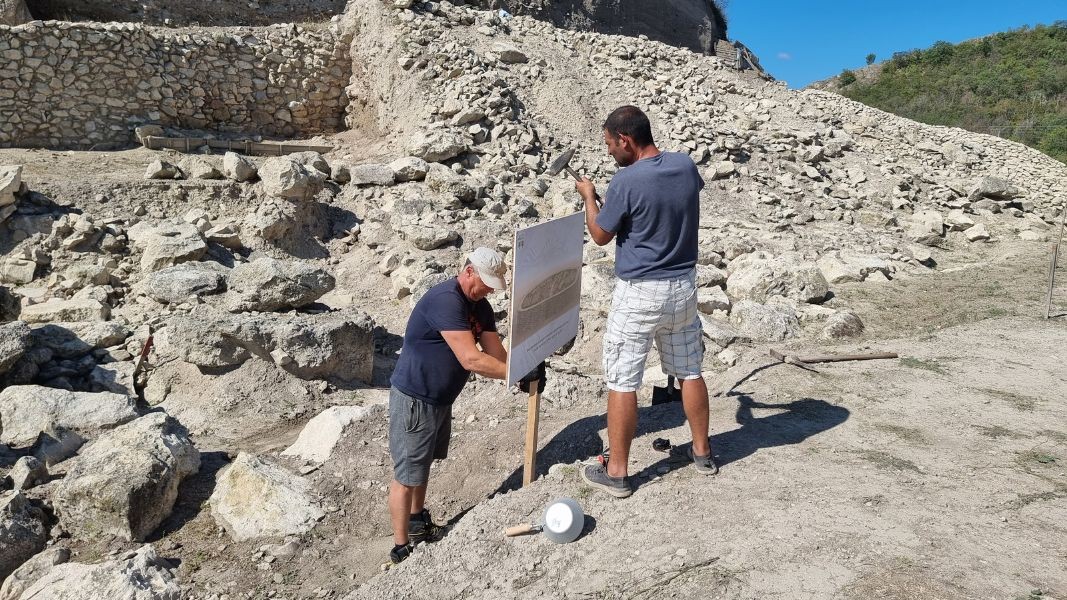The production complex at the prehistoric settlement Provadia-Solnitsata will be the focus of research during the 20th archaeological season. It is located about 100 meters from the ancient settlement and spans nearly 5 decares. The area is currently covered with large mounds of earth, accumulated in the recent past. Archaeologists will clear these mounds and will start more detailed studies of the complex, which functioned thousands of years ago, Academician Vasil Nikolov told BTA.

Industrial production at the site dates back to 4700-4450 BC, said Vasil Nikolov. At that time, the ancient inhabitants were producing up to 5 tons of dry salt. However, the beginning of salt extraction started as early as 5600 BC. The technology was much more primitive and people received only 25-26 kilograms of salt for their efforts. Production methods were refined in the course of 9 centuries. According to Vasil Nikolov, this improvement was based on accumulated experience, as the people living and working near present-day Provadia were the first in Europe to engage in such activities and had no external sources of information.

Salt has been the subject of Vasil Nikolov's research for two decades, and the site near Provadia has repeatedly surprised him:
"The first surprise was the antiquity of salt mining - this is the oldest such centre in Europe. Beneath the earth and shrubs lie two significant stages, which also surprised scientists.The older one is a prehistoric settlement mound abandoned by the inhabitants due to climate changes, followed by the residence of a Thracian aristocrat from the 2nd-1st century BC. ''We still don't have evidence of where exactly he was mining salt, but it's clear that he was here for that", Vasil Nikolov added. According to him, the Thracian was very wealthy, as evidenced by the fragments of broken cups and Greek ceramic vessels found at the site, which were very expensive.

The site attracts many tourists who are welcomed by a tour guide. This year, 12 illustrative panels with QR codes in English and Bulgarian have been installed, allowing visitors to obtain additional information about the vessels, production and the houses in the settlement and to understand why "The Saltworks" is of great importance not only for Bulgaria but for the whole of Europe. "The first European civilization developed in the territory of our country, parts of Serbia, Northern Greece and up to the Carpathians", the scientist recalls, emphasizing that it was precisely in Bulgaria that specialized salt production first emerged.

The church board of the Bulgarian Orthodox Church “Holy Trinity” in Madison, Illinois (USA), has announced on its Facebook page that it needs a priest to serve in the church. “We humbly ask all brothers and sisters in Christ – in the wider..
An archaeological expedition led by Assoc. Prof. Dr. Boni Petrunova – Director of the National Museum of History, discovered a massive bronze statuette of a goddess from the Greco-Roman pantheon. The artifact was found in residential premises in the..
13 ancient graves were discovered during archaeological excavations conducted on the premises of the National Academy of Art in Sofia. The excavation is led by archaeologist Elena Nikolova from the Regional History Museum. The excavations began on..

+359 2 9336 661
